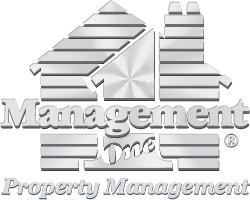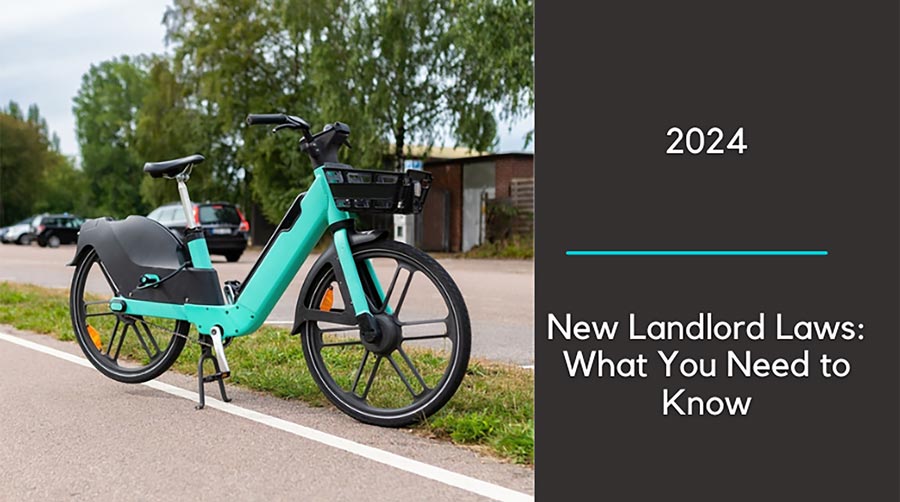
New Security Deposit Law for California Landlords
California Assembly Bill 12, effective from October 11, 2023, has brought about significant changes. The most notable is the reduction of the maximum security deposit for most residential rentals to one month’s rent, down from the previous allowance of up to two months' rent on vacant properties or three months' rent for furnished units. It's crucial to understand that this new regulation only applies to leases entered into after July 1, 2024. Leases prior will remain the same for the security deposits and pet deposits.
Additionally, the new law prohibits landlords from asking for the last month’s rent upfront, deposits for pets, and any other upfront payments as lease conditions, as these are considered part of the security deposit. So it's a one month security deposit and they cannot use the security deposit as last month's rent. We have them initial that section in 2 areas in the lease.
How the Law Came to Be
Before the current change, landlords could charge up to 200% for non-furnished homes and up to 300% for furnished homes. Due to the rising rental rates in California, it was thought that the security deposits plus the first month's rent combined made it nearly impossible for renters to afford a place to live. Lowering the security deposit requirements, the hope is that more people will be able to afford a place to live.
Exceptions to AB 12
There are some exceptions to the new law.
- A landlord can charge two months’ rent for a security deposit by meeting all the following conditions:
- The landlord owns no more than two residential rental properties, with a maximum of four units being offered to rent
- The landlord is the sole personal proprietor of the rentals or operates through a limited liability company in which all members are natural (i.e., not corporate) persons
- The resident is not a member of the state or federal armed services
Understanding the landlord's property ownership is a challenge for property management companies. The law is silent on whether properties owned by the landlord outside of California are included in the 'total' number of rental properties. If a resident discovers that the landlord holds more than one property, it could lead to serious consequences for the landlord and the property management company, including potential reports to Fair Housing or small claims cases.
Penalties for Security Deposits
While there is no exact penalty listed for not complying with the new law, there are existing Security Deposit laws, and this would fall under those penalties. In California, if a landlord mishandles a security deposit, the landlord could be held liable for up to two times the security deposit in addition to the original amount, for three times the security deposit.
Attorney James Blucker, a Southern California Real Estate attorney, discussed the matter with me and advised that it’s better to err on the side of caution and charge only one month's rent for the security deposit, especially since the law isn’t clear on how to determine the number of properties a landlord owns.
Thinking Outside the Box
Landlords and Property Management Companies must think outside the box on these issues. Pet rent can still be charged. As of the writing of this article, you can charge your security deposit based on the total rent (base rent plus pet rent).
If a resident has a pet, we can mandate that they have an increased insurance policy to cover any pet damage. If you don’t require your residents to have renter’s insurance, now is a good time to get that in place. It’s important to note if the animal is an assistance animal, you can’t require this.
What Can You Do
First and foremost, ensure you have adequate landlord insurance to cover unforeseen situations regarding pets. This article explains what your landlord's insurance policy should include.
Secondly, voice your opinion when these issues are being voted upon. You can stay current by joining Management One’s newsletter by clicking here. We send out up-to-date information when bills directly affecting landlords come down the pipe.
Here are the other helpful things on What You Need to Know as Landlords for 2024.











